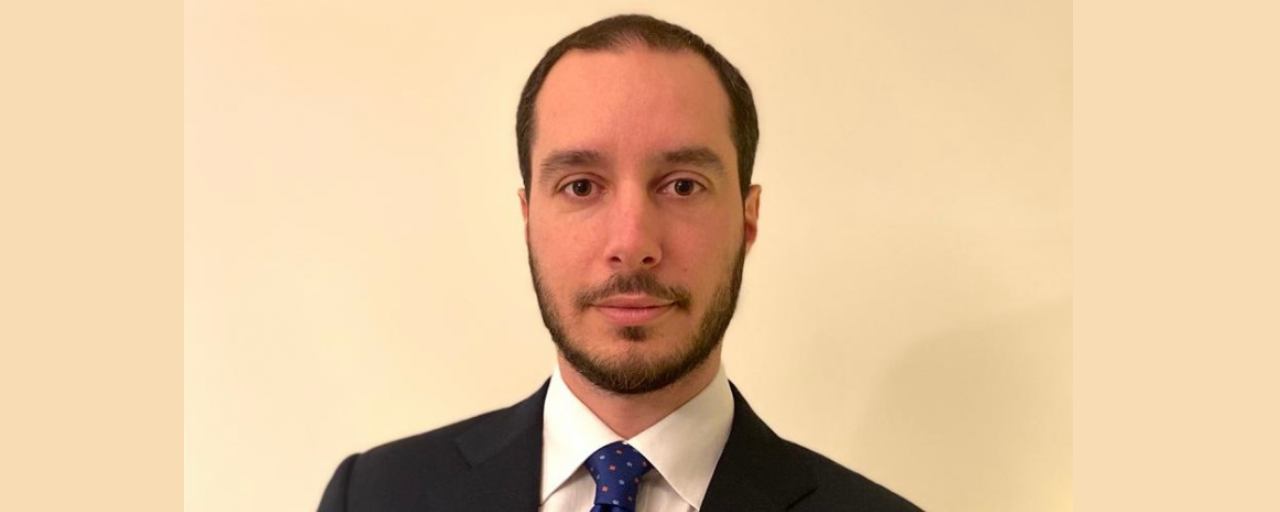Passionate about innovation, he joins IAG to share his Insurtech skills. Here’s more about him.
What is your background?
After a degree in Economics and a Masters in Econometrics, I began my career in Portfolio Management at NPLs and subsequently worked in Credit Risk Management. After about five years, I decided to attend the MBA program at the University of Chicago Booth School of Business, after which, I joined Marsh & McLennan in New York where I worked in several business units (corporate development, investment management and strategic advisory). Six years ago I returned to Italy with the same company, and now I hold the role of International Head of Strategy & Financial Planning for the Marsh Advisory business unit.
Your profile shows a strong experience in the Insurtech sector. Skills you have put into practice at IAG. How did you decide to become a business angel?
I already knew the IAG network and the idea of joining this group was born from the desire to apply my knowledge in a different field from the professional one and at the same time to be able to compare myself with different realities, play a more entrepreneurial role, and contribute to the economic growth of the country. In fact, unlike investments in the stock market, investments as business angels also allow you to use your experience and your network to improve the performance of the startup.
In IAG you are part of the Fintech Community. What is the added value of being part of this group?
The Fintech Community is relatively young at IAG, but is rapidly growing. From an initial focus on medical and biotech technologies, IAG is now expanding its reach into other sectors, with Fintech and Digital among the most promising. Thanks to partners with different experiences in the fintech and Insurtech fields (from payment systems, to lending platforms, to blockchain applications), it is possible to attract more and more realities linked to these verticals, both Italian and international ones. The strength of the group lies in the enthusiasm and sharing, which often generate valuable investment theses.
What are the differences between Europe and the United States, where you have lived for a long time, that you have noticed in the Insurtech sector?
The ecosystem is undoubtedly the strong point of the US, which allows access to funds considerably higher than those in Europe; and we must not forget that the ability to fundraise is often crucial for the success or failure of a start-up. Furthermore, the pre-money valuation of seed and round series A is higher in the United States, but this is an inherent difference that is unlikely to be bridged. And looking at Europe, in Italy we are still lagging behind London, Berlin, and Paris. Another factor of difference is the focus on scalability, which in the United States is much greater; while in Europe it tends to grow at a slower pace as people try to have a product or a solution tested for longer.
What do you think are the developments that will transform the Insurtech industry in the short term? Do you think that in Europe we will continue to be the copycat "importers" of US solutions or could we start playing the role of innovators instead?
In the short term, the trend of cooperation and synergies between insurance companies and start-ups will continue to strengthen, and there will be strong growth in the healthtech and micro-mobility sectors, with new data driven and behavioral driven products. In general, data analytics, IoT and AI will be key factors in the development of new products and policies that are increasingly customized for a single customer. We will also likely see an expansion of insurance coverage offered as an additional service together with the purchase of a product or service (the so-called embedded insurance). For the moment, I believe that the United States still has a competitive advantage in terms of the ecosystem I referred to earlier, but I hope that Europe can bridge the gap and maybe in 3-5 years also play the role of innovator.








